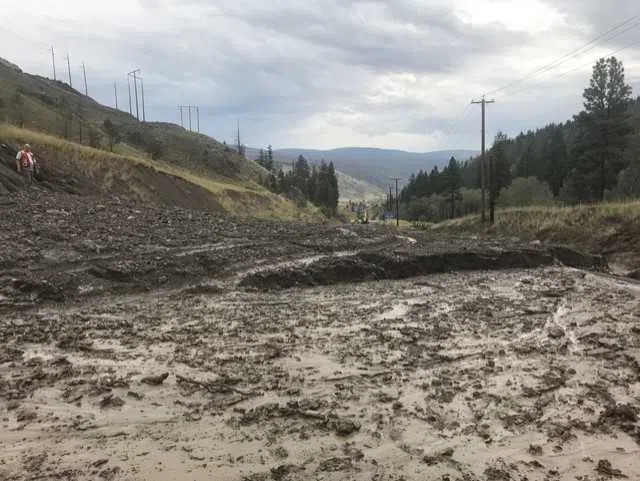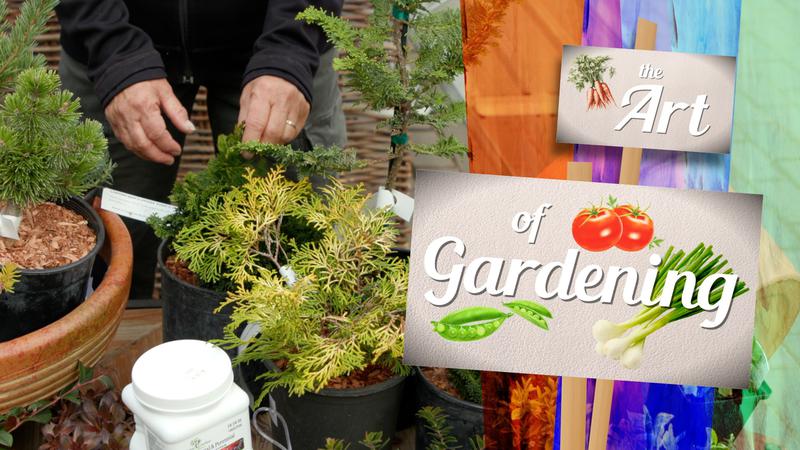
Helping our communities heal after disaster strikes
WE ALL HAVE our day-to-day troubles, but sometimes it takes a major disaster to put things in perspective. If you woke up today with a roof over your head and your livelihood intact, you’re incredibly fortunate.
Others in our community are not so lucky right now. After praying for rain to assist our hard-working wildfire crews, we got much more than we bargained for— in the form of recent storm cells that have caused multiple mudslides on Highway 97 (just north of turnoff to Loon Lake Road), on Loon Lake Road, and more recently on Highway 1 (just east of Cache Creek).
I visited two families on Loon Lake Road that were impacted by these slides, who incidentally were also evacuated from their homes this time last year because of wildfires. The damage to their properties was extensive. One of the homeowners showed me a video of the water and mud rushing through his property, ruining his hay fields and surrounding his home. It was absolutely devastating to watch.
Despite this enormous setback, I was impressed by my constituents’ positive attitudes to move forward with cleanup and recovery. Unfortunately, this event will not be covered by the Disaster Financial Assistance Program as it did not meet the scope and scale of the program, however I will be exploring other avenues of support for them, and for others impacted.


